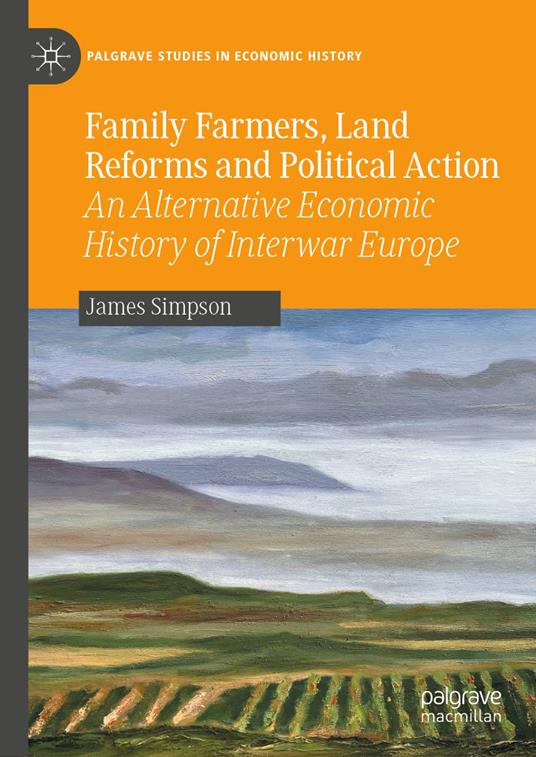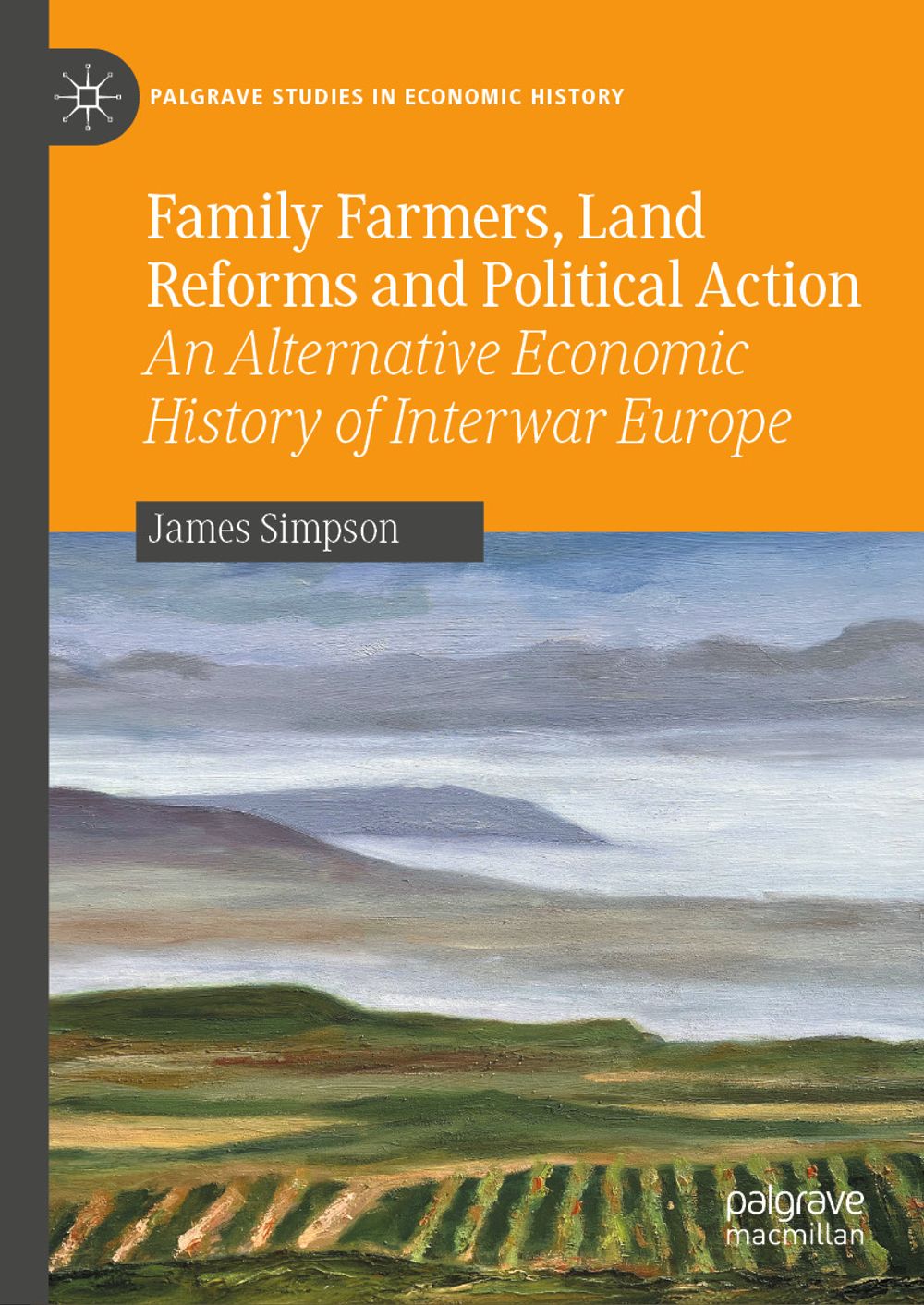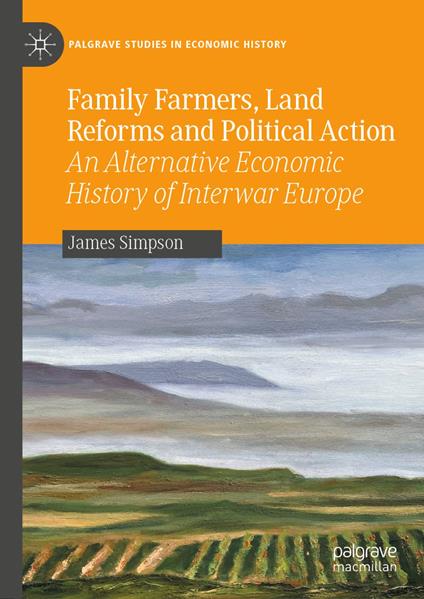Family Farmers, Land Reforms and Political Action
This book examines how European farmers responded to the economic and political challenges created by the First World War and the Great Depression. The difficulties of interwar Europe have been frequently explored, but rarely from the perspective of the agricultural sector, where two-fifths of the population earned their livelihood, mostly as small, family farmers. The traditional literature argues that the landed elites conspired to undermine many of Europe's young democracies after the Great War. This book shows instead that by the early 1920s most had either sold their land or seen it confiscated following the widespread land reforms of Eastern Europe, leaving the family farm as the dominant unit of production. The book advances several theories that place the family farmer at the heart of change and explores why some proved to be enthusiastic supporters of liberal democracy, while others preferred political ideologies as diverse as social democracy in Scandinavia or fascism in Germany and Italy. It explores the nuanced and evolving links between family farms and government interests, showing how this relationship varied in different countries and contexts across Western and Central Europe. The book discusses the impact of family farms on agricultural market trends, the influence of collective action on government policies, and the increasing politicization of farmers and rural populations more broadly. The book also sheds light on how agrarian problems and their solutions differed in industrial, agrarian, and transforming societies in interwar Europe. This book will be an illuminating read for scholars of economic history, comparative history and European history interested in agriculture and rural communities.
-
Autore:
-
Anno edizione:2024
-
Editore:
-
Formato:
-
Testo in en
Formato:
Gli eBook venduti da Feltrinelli.it sono in formato ePub e possono essere protetti da Adobe DRM. In caso di download di un file protetto da DRM si otterrà un file in formato .acs, (Adobe Content Server Message), che dovrà essere aperto tramite Adobe Digital Editions e autorizzato tramite un account Adobe, prima di poter essere letto su pc o trasferito su dispositivi compatibili.
Cloud:
Gli eBook venduti da Feltrinelli.it sono sincronizzati automaticamente su tutti i client di lettura Kobo successivamente all’acquisto. Grazie al Cloud Kobo i progressi di lettura, le note, le evidenziazioni vengono salvati e sincronizzati automaticamente su tutti i dispositivi e le APP di lettura Kobo utilizzati per la lettura.
Clicca qui per sapere come scaricare gli ebook utilizzando un pc con sistema operativo Windows



